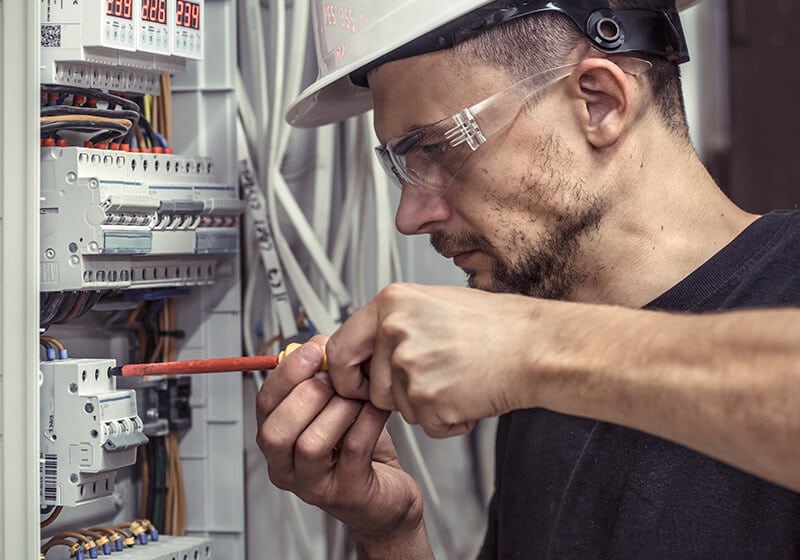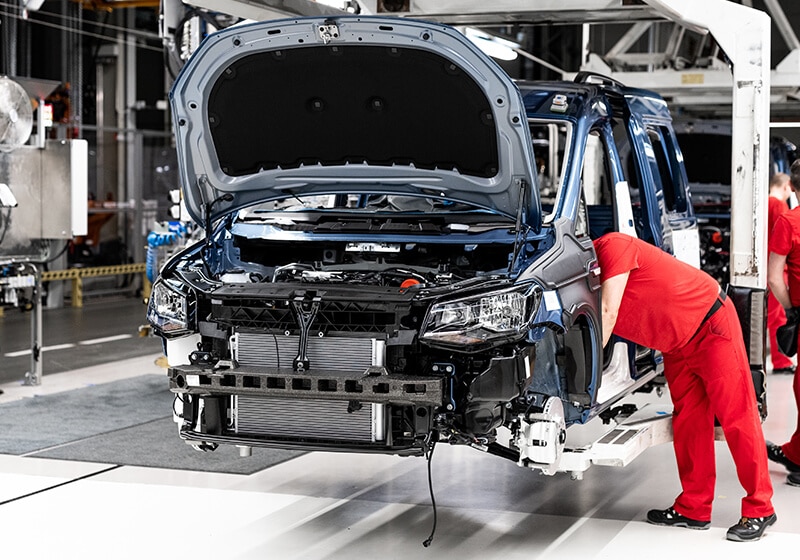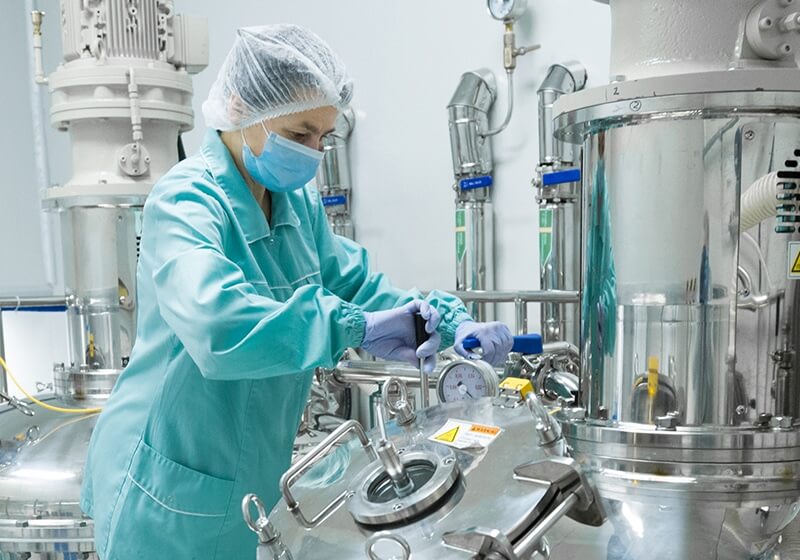
The food and drink manufacturing sector of the UK is the largest contributor to the national economy. Not only does it produce over £100 billion in turnover every year (including £20 billion in exports), but it directly employs almost half a million people throughout Britain, with almost 12,000 businesses directly involved in food processing in one way or another.
Electroplating in the food processing sector

Producing that much food requires high-performance machinery that must be fitted with reliable components. Such machines can expect to undergo extremes of heat and cold (depending on the food product being manufactured), and many of them operate night and day. To keep them running in good order, their constituent parts must be able to resist heat, wear, and friction, which can only be done with the right metal finish. Sanitation and hygiene are also key concerns for the food industry, so anti-corrosion coatings are another essential application.
These are just some of the ways in which electroplating helps the food processing sector keep our supermarkets full:
![]()
Corrosion resistance

Depending on the product, food processing equipment comes into contact with a variety of oils, salts, and liquids, any of which can cause steel components to oxidise and corrode. Not only can this lead to a breakdown of equipment, but it also poses a health risk should any of that iron oxide contaminate the food product. Zinc, tin, or copper plating provide a uniform sacrificial layer that protects the components from rusting and increases longevity.
Heat resistance

Food processing involves heating and cooling ingredients throughout the production process, so any components need to be able to cope with these fluctuations in temperature without becoming brittle or cracking. There are several electrodeposition methods that can protect against this, with copper and nickel being among the most popular. Not only do they deliver exceptional results, but they are also cost-effective.
Wear resistance

Any machinery that incorporates moving parts can suffer from wear and tear as it performs its day-to-day tasks. Damaged components can result in machines going offline while a replacement part is sought after and installed, which can cause a massive backlog in the supply chain. We can recommend an appropriate coating for those parts, depending on your particular specifications. This will make them tougher and more durable, increasing their lifespan and reducing downtime.
Friction Resistance

Another side effect of moving parts in food processing machinery is friction. Parts that move against one another produce heat and wear damage at the same time. Again, a specialist coating can help make your parts more durable, but we also provide a phosphate finish that increases the lubricity of your components, reducing the impact of any friction. As well as protecting the components, this technique helps reduce the effect of friction by increasing the lubricity of your moving parts.
Our Accreditations

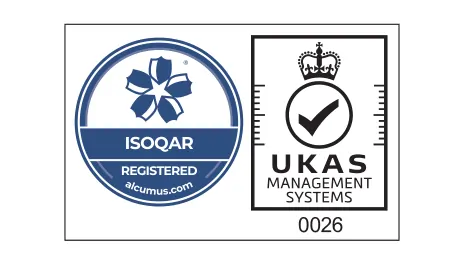
ISO 45001:2018 – Health & Safety
ISO 45001:2018 is the international standard for Occupational Health and Safety Management Systems (OHSMS), replacing OHSAS 18001. By working to this standard, we protect the health, safety, and wellbeing of our employees, visitors, and anyone affected by our operations
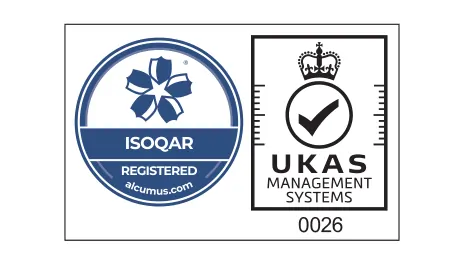
ISO 14001:2015 – Environment
ISO 14001 is an internationally recognised standard that sets the requirements for an environmental management system (EMS). By working to the ISO 14001:2015 standard, we improve our environmental performance through the efficient use of resources and waste reduction, while strengthening our position and building trust with our stakeholders.
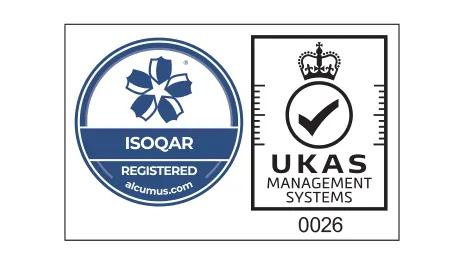
ISO 9001:2015 – Quality
ISO 9001 is the international standard for Quality Management Systems (QMS). By working to this standard, we strengthen our practices to meet the needs of our customers and stakeholders, using a framework that drives continuous improvement. It ensures we deliver consistent quality in our electroplating services through the correct application of a QMS.
Other sectors we cover


When using metal plating techniques in the electrical and electronic sectors, the two key concerns are precision and conductivity. Often you have to risk one in order to benefit from the other. This is where our expertise comes in, balancing the pros and cons of each metal, in order to deliver electronic components that work the way you need them to.

Whether we’re talking about the National Grid, criss-crossing the country providing the nation with its electricity, or more renewable sources of power generation like wind turbines and solar panels, electroplating is essential to the power industry. Components undergo great pressure on a day-to-day basis and must be robust enough to withstand the strain.

If components used in the power generation industry are under stress, it is nothing compared to the oil and gas sector. From North Sea oil rigs, to natural gas extraction centres, through to the pipeline infrastructure that gets it to hundreds of sites across the country for processing, the industry needs plated materials that can survive in the harshest of environments.









